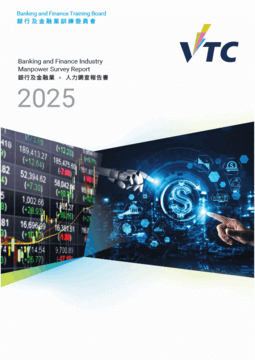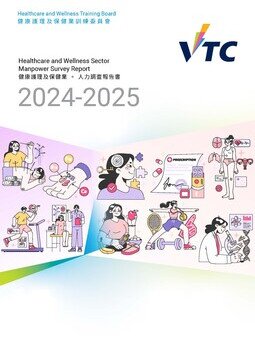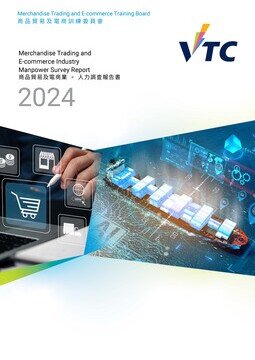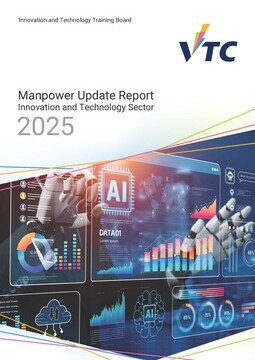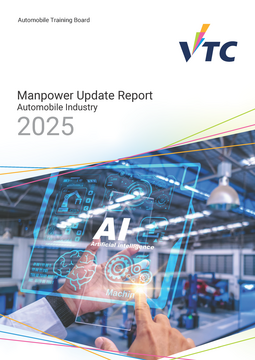Recommendation
Training Needs
- Technologist / Management Level -
1st
Quality Management
2nd
Risk Management
3rd
Problem Solving Abilities
- Technician / Supervisory Level -
1st
Communication and Interpersonal Abilities
2nd
Problem Solving Abilities
3rd
Customer Services and Complaint Handling
- Craftsman Level -
1st
Communication and Interpersonal Abilities
2nd
Problem Solving Abilities
3rd
Customer Services and Complaint Handling
- Operative / Clerical Level -
1st
Communication and Interpersonal Abilities
2nd
Problem Solving Abilities
3rd
Customer Services and Complaint Handling
- Healthcare Professionals -
1st
Problem Solving Abilities
2nd
Communication and Interpersonal Abilities
3rd
Customer Services and Complaint Handling
Note(s):
Please refer to the survey report for details on training needs by Scope of Services / Business and Job Level.
- Continue to Support Talent Attraction Schemes
- Collaborate with Stakeholders to Build a More Comprehensive Chinese Medicine (CM) Talent Cultivation System
- Support the Sector in Enhancing the Professional Image
- Provide Targeted Support to Retain Frontline Employees
- Communicate with Employees about Job Role Evolution
- Offer Soft Skills Training Programmes
- Introduce Community Care Healthcare Training Programmes
- Develop a Professional Diploma for the New Professional Rank of Health&Care Practitioners
- Develop Postgraduate Specialty Programmes in Chinese Medicine
- Incorporate Generative AI Applications into Training Programmes
- Strengthen Industry-Education Partnership
- Enhance Skills Development
- Make Good Use of Government Subsidy



